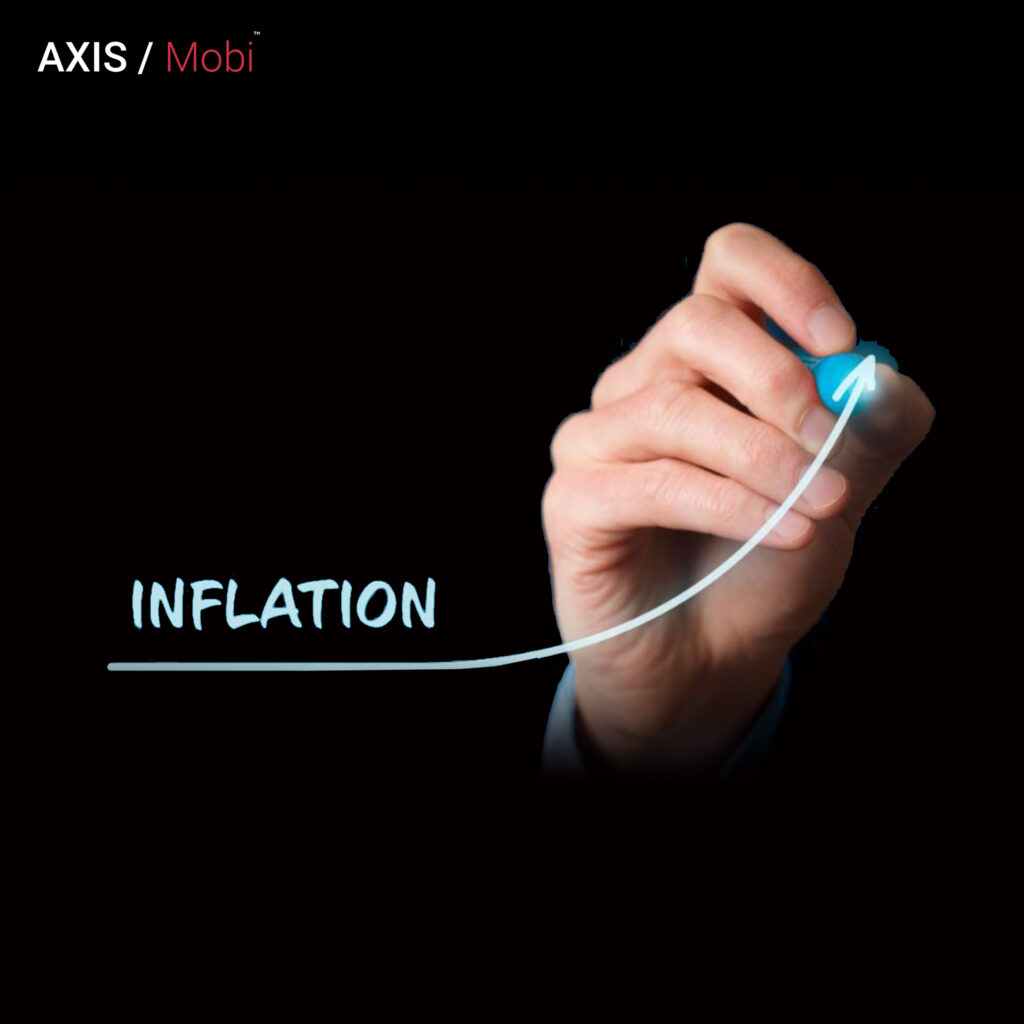According to Adobe Analytics, online Black Friday sales in the United States surpassed a record-breaking $9.12 billion this year, kicking off a strong start to the holiday shopping season despite inflation and other economic concerns.
According to Adobe, which tracks sales on retailer websites, this year’s Black Friday online sales were 2.3% higher than last year, with electronics, smart home equipment, toys, and exercise equipment leading the way. Because the firm’s figures aren’t adjusted for inflation, some growth reflects higher prices rather than higher volume. However, Adobe claims sales would have been higher even if inflation had been factored in.

To make purchases, Americans are dipping into their savings accounts and incurring debt on credit cards.
Many have been seen relying on ‘Buy Now, Pay Later services, a newer form of debt that American consumers have embraced.
According to Adobe, BNPL instalment plans were about 80% higher than the previous week. Some lawmakers and economists have chastised BNPL programs for their lack of transparency and regulatory oversight.
Online sales are expected to remain strong until Cyber Monday. According to Adobe, American shoppers spent over $9.55 billion on Saturday and Sunday. Monday will be the “biggest online shopping day again,” with sales increasing more than 5% from last year to $11.2 billion.

According to Adobe, US shoppers spent a record $5.29 billion on Thanksgiving Day, up 2.9% from the previous year.
The holiday shopping season no longer appears to be what it once was. Instead of Black Friday deals, many retailers began their holiday sales in the early fall. This year, Amazon (AMZN) held a second Prime Day event in October, while Walmart, Target (TGT), and other retailers held competing savings events.
Retailers have reduced Black Friday’s appeal by spreading their holiday deals online.
However, shoppers are returning to many pre-pandemic routines, and retailers anticipate a more typical holiday season than the previous two years of the pandemic. Shoppers are expected to buy around key holidays such as Black Friday and later in the season in the hopes of finding bargains.

Inflation has squeezed many shoppers’ budgets this year. According to retailers, customers are cutting back on discretionary spending, such as furniture and electronics, and becoming pickier about what they buy.
The number of people giving gift cards and money has increased significantly over the previous year, most likely because it’s an easy way.
According to the National Retail Federation, holiday sales will increase by up to 8% this year.




